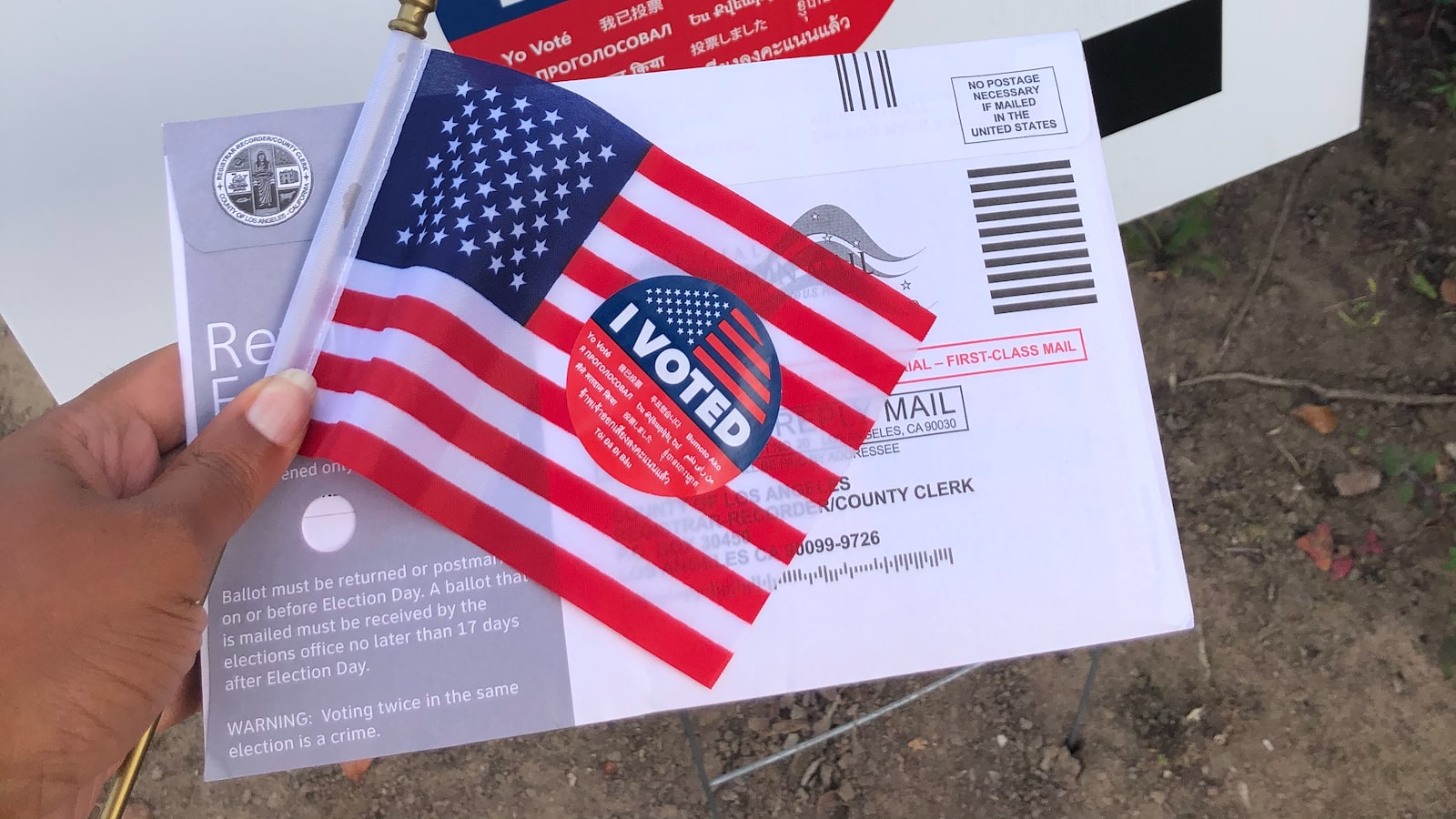After considering the formation of an expert body to examine the issues relating to political parties promising free goods to voters in their election manifestoes, the Supreme Court has stayed its hand and referred the issue to a three-judge Bench. Also referred for deeper consideration is the correctness of an earlier judgment in S. Subramaniam Balaji vs Tamil Nadu (2013), which ruled that making promises in a manifesto would not amount to a corrupt practice. The proceedings before a Bench, headed by the now retired Chief Justice of India N.V. Ramana, last week, offered crucial perspectives on the political economy of welfarism, socialism and pre-election promises of ‘freebies’. Over the few hearings, the Bench moved from vague references to ‘freebies’ to making rational distinctions between welfare schemes and socio-economic concessions on the one hand, and poll-time announcements of material goods and items as incentives to vote. This clarity itself was lacking in the initial stages, as omnibus references to ‘freebies’ and raillery against political parties for their approach to welfare dominated the discourse. Those who have approached the Court against irrational promises found support from the Union government. Following Prime Minister Narendra Modi making public comments disapproving of the ‘freebie’ culture, the Government’s stand is no surprise.
However, the Government was reluctant to examine the is
Read More

